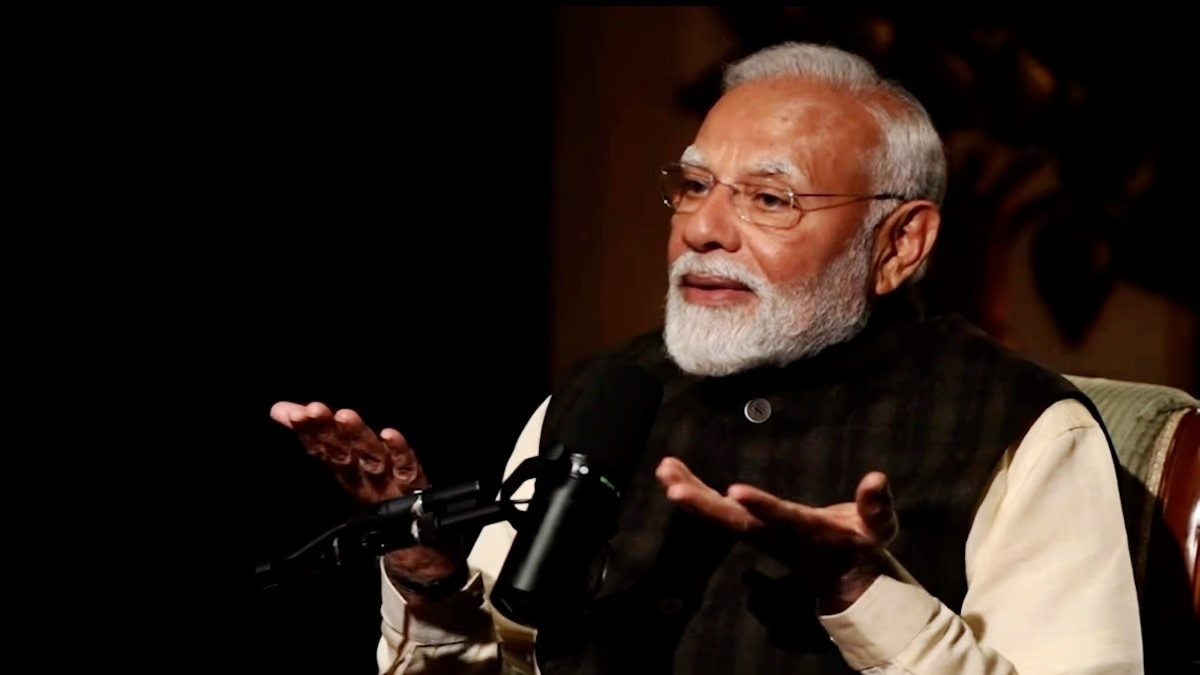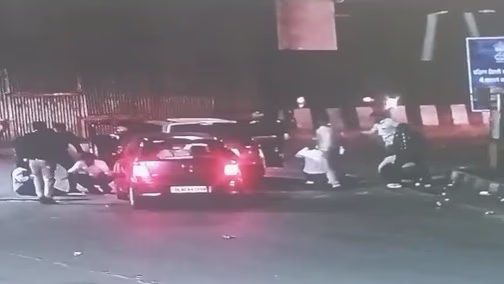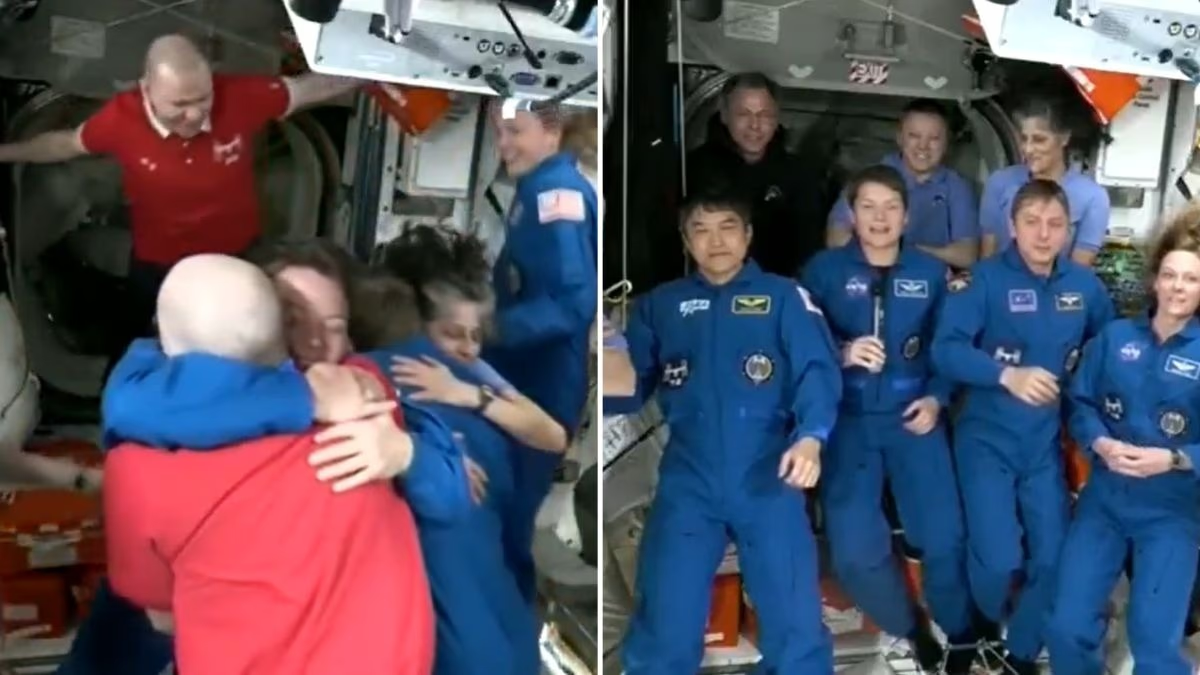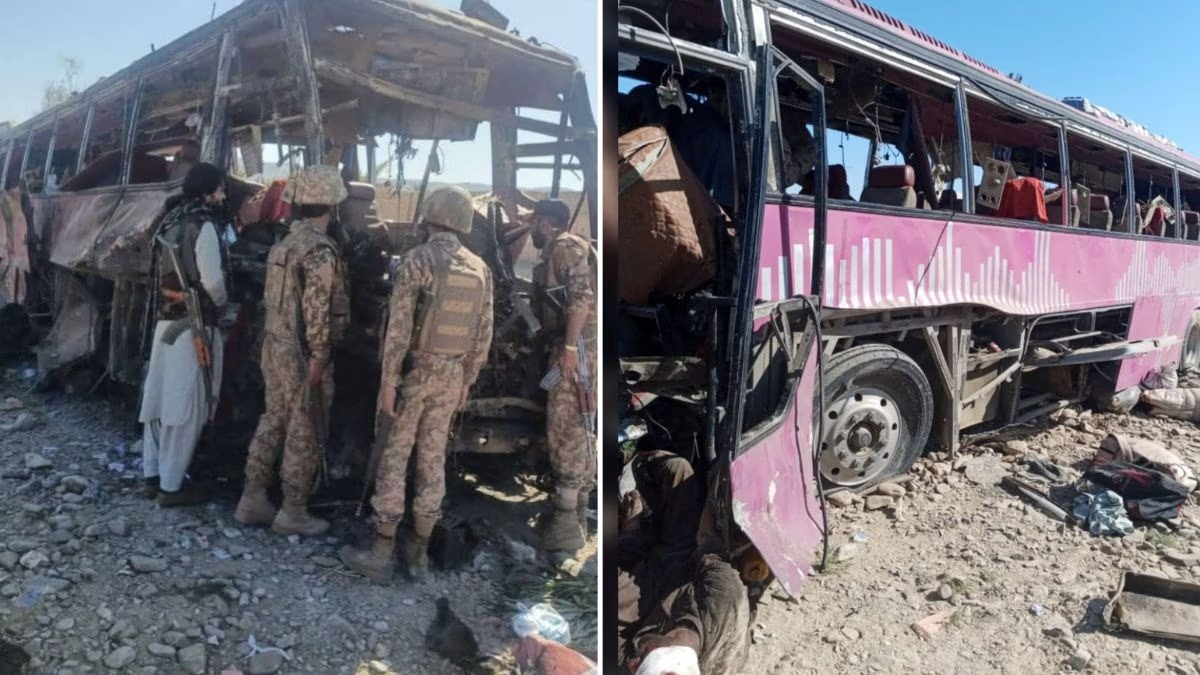The exclusive podcast of Prime Minister Narendra Modi's conversation with American podcaster Lex Fridman was released on Sunday, covering several significant topics. This dialogue delved into issues like artificial intelligence, technology, India's cultural legacy, democracy, and global diplomacy. PM Modi mentioned that the 2002 Gujarat riots were exaggerated as major riots for creating confusion, while riots often occurred in Gujarat previously.
PM Modi highlighted old events, saying that to understand the context, we should consider the 12 to 15 months before the riots. For example, on December 24, 1999, an Indian flight from Kathmandu to Delhi was hijacked and taken to Afghanistan, with hundreds of Indian passengers held hostage, causing widespread turmoil across India, where life and death were in question. Then in 2000, terrorists attacked the Red Fort in Delhi, shaking the nation again. On September 11, 2001, the massive terrorist attack on the Twin Towers in the USA alarmed the world once more. The perpetrators behind these attacks shared a similar profile.
'Gujarat was Recovering from an Earthquake'
In October 2001, terrorists attacked the Jammu and Kashmir Assembly. Soon after, on December 13, 2001, India's Parliament was targeted. Within months, such significant global terrorist attacks and violent events led to bloodshed and innocent lives lost. In such a tense atmosphere, even a small spark could ignite unrest. The situation was brewing. On October 7, 2001, I was entrusted with the responsibility of Gujarat's Chief Ministership. This was a significant challenge as Gujarat was recovering from a devastating earthquake at the time, the largest in the last century that took thousands of lives. It was a critical task, and I poured myself into it from day one as Chief Minister.
He stated, 'I had no previous government experience. I had never been part of any administration or worked in government. I never fought an election or became a legislator before. February 24, 2002, was the first time I became a legislator. I practically stepped into the Gujarat Assembly for the first time around February 24, 25, or 26. And on February 27, 2002, while we were in the Assembly for the budget session, just three days into my term as a legislator, the Godhra incident occurred—a horrific event where people were burned alive. Consider the backdrop of previous incidents and the scale of burning so many people alive to understand the gravity of the situation.'
'The Court Declared Us Innocent'
Prime Minister Modi noted, 'Certainly, nothing should happen; we also desire peace. The claim that these were massive riots is misleading. Reviewing pre-2002 data shows the frequency of riots in Gujarat. Curfews were frequent over minor incidents like kite flying or bicycle collisions. Before 2002, over 250 significant riots occurred in Gujarat. The riots in 1969 lasted nearly six months. We weren't a prominent point on the world map then, and such an event became a spark triggering violence. However, the judiciary scrutinized this matter thoroughly despite our political adversaries in power. Understandably, they wished for punishment for the charges. Yet, the judiciary evaluated the circumstances twice meticulously, ultimately declaring us completely innocent.'
He remarked that the court held those accountable for crimes at that time. However, the most notable outcome is that since 2002, a place experiencing sporadic riots annually saw no major incidents over the ensuing 22 years, attaining complete peace. We've strived not to engage in vote bank politics. We follow the mantra of 'Together with Everyone, Development for All, Trust of All, Efforts for All'. Moving from appeasement politics, we now focus on aspirational politics, drawing those wanting to contribute to Gujarat’s development. We are currently working towards a developed India, with Gujarat playing its part.'
Criticism is Essential in Democracy: PM Modi
In responding to media criticism of the 2002 riots, Prime Minister Modi welcomed it, stating, 'In one sentence, I would say I embrace it. I firmly believe criticism is the soul of democracy. True democrats with democracy in their blood, as said in our scriptures, "Keep your critics close." This allows effective democratic functioning. Criticism should exist and be sharp. My grievance is the lack of true criticism today. Criticism demands depth, seeking truth amidst lies. Nowadays, shortcuts replace study and research, leading to baseless accusations. There's a significant difference between accusations and criticism. The references you provide are accusations, not criticism, which is essential for democracy's strength. Accusations bring no benefit but conflicts. Thus, I always welcome constructive criticism wholeheartedly. When false allegations arise, I quietly continue serving my country with dedication.'




